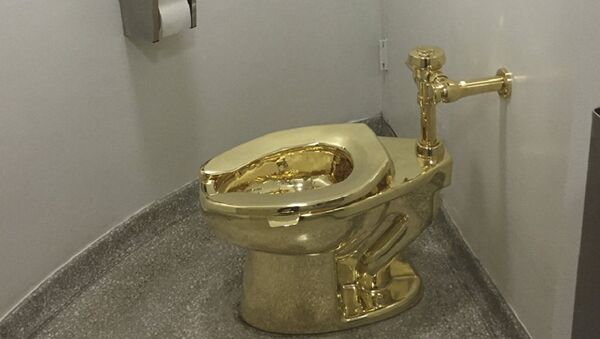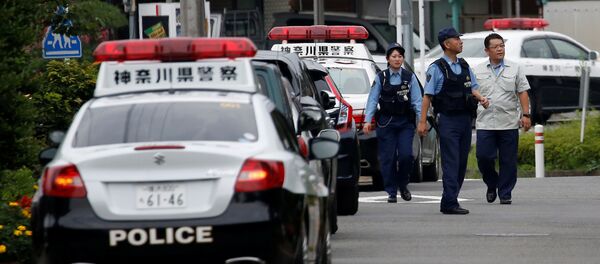Leston Lawrence, a 35-year-old living in Ottawa, worked at the mint purifying gold and turning it into standardized forms called "pucks." He was found to have smuggled 22 gold pucks weighing between 192-264 grams. Each puck was worth between 6,800-9,500 CAD ($5,200-7,300).
Of the 22 pucks, Lawrence laundered 17 through Ottawa Gold Buyers, pocketing some 130,000 CAD in profit. With that money, he purchased a vacation home in Jamaica and a boat in Florida.
But the real winners were Ottawa Gold Buyers, as the pucks they purchased were estimated to be worth 190,000 CAD, according to the mint.
There is no video or eyewitness evidence of Lawrence's crimes. His scheme ended after a bank employee grew suspicious of a 15,200 CAD check cashed by Lawrence in February 2015, and alerted authorities.
Police discovered four gold pucks in Lawrence's safety deposit box, along with latex gloves and Vaseline. According to Lawrence's defense attorney Gary Barnes, the pucks are "about the diameter of an Oreo cookie, and about two-and-a-half times as thick."
Lawrence has three years after his release from prison to pay the 190,000 CAD fine. If not, he faces an additional 30 months of incarceration.
During Lawrence's hearing, crown prosecutor David Friesen cited the accused's lack of remorse and repeated offenses, in asking for a harsher punishment of 36 months.
Attorney Barnes argued for 18 months, on the grounds that Lawrence lost his job for his crime and that the facility's lax security made it easy for him to smuggle it out. Barnes also argued that Lawrence should only have to pay 130,000 CAD in fines, the amount he received.
The judge, serendipitously-named Ontario Justice Peter Doody, sided with the prosecution in a decision that even Barnes admitted was "difficult to quibble with what [Judge Doody] had to say."
The case attracted mainstream media attention, with Lawrence as the inevitable butt of the joke. Most famously, The Late Show host Stephen Colbert parodied the James Bond film "Goldfinger" with Lawrence as "Goldsphincter."
The Royal Canadian Mint has announced intentions to improve their security in the wake of the crime: "upgrades to our facility's security checkpoint and screening process; upgrades to our camera system to high definition which provides real-time monitoring capability in all areas of the mint; and working closely with CATSA [Canadian Air Transport Security Authority] to establish more robust scanning training of our employees."
The mint did not comment as to whether or not employees will now face rectal-cavity searches.



